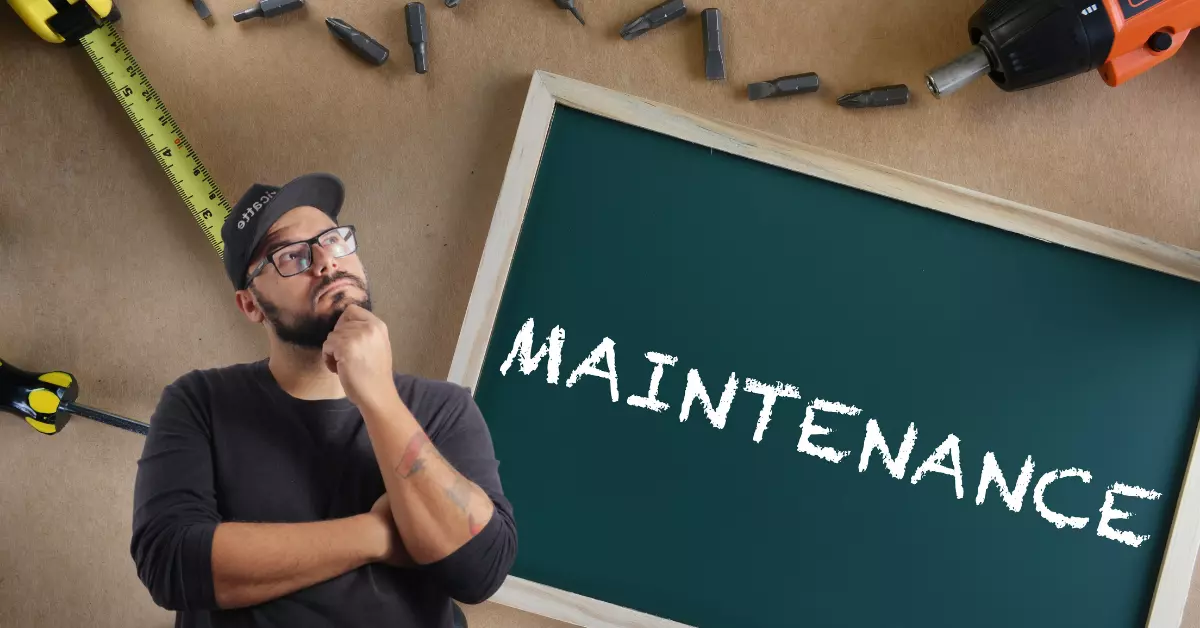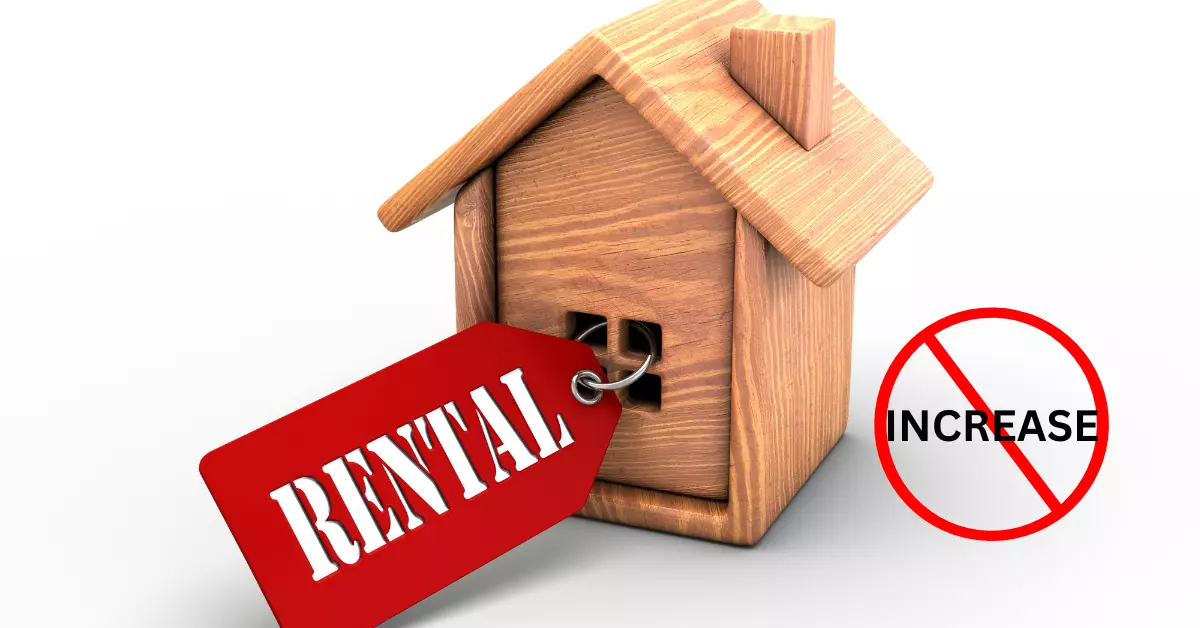Is Virginia a Landlord Friendly State? Rental Awareness
Yes, Virginia can be considered a landlord-friendly state due to its laws and regulations that favor landlords. However, tenants are also granted certain rights and protections under state law.
Virginia’s landlord-tenant law is designed to balance the rights and responsibilities of both landlords and tenants.
Landlords are allowed to charge a maximum security deposit equal to two months’ rent, and they have the right to evict tenants for nonpayment of rent or violation of the lease agreement.

Understanding Virginia Landlord-Tenant Law
If you’re a landlord in Virginia, you’ll want to familiarize yourself with the landlord-tenant laws enforced in the state. Virginia landlord-tenant law lays out the legal requirements and responsibilities of both landlords and tenants.
Overall, the law is considered balanced between landlord and tenant rights, as long as parties are following the required procedures.
Key Statutes And Regulations That Affect Landlords
Landlords need to be aware of the statutes and regulations that affect their rental properties in Virginia. Here are some key points to keep in mind:
Security deposits
Virginia law permits landlords to collect security deposits. They must return the deposit within 45 days of the tenant vacating the property, although they have the right to deduct damages or unpaid rent.
Rent increases
If you want to increase the rent, you can do so at any time as long as the lease allows for it. If the tenant is on a month-to-month lease, you need to provide at least 30 days’ notice before the rent increase takes effect.
Repairs and maintenance
Virginia law requires landlords to keep their properties in “fit” condition. This includes making necessary repairs and ensuring the property is habitable.

Eviction
Landlords in Virginia can evict tenants for nonpayment, lease violations, or other reasons after providing proper notice. Landlords should follow the legal process to avoid legal issues such as unlawful detainers.
Tenant Rights In Virginia
While landlords have rights in Virginia, tenants are also protected under the law. Here are some important points to keep in mind:
Withholding rent
Tenants can withhold rent if the landlord fails to make repairs or provide necessary services. However, tenants should follow proper procedures to avoid getting evicted for nonpayment of rent.
Security deposits
Tenants are entitled to receive security deposits back within 45 days of vacating the property.
Privacy
Landlords must give “reasonable notice” before entering the rental property. Twenty-four hours is usually considered reasonable.
Retaliation
It is illegal for landlords to retaliate against tenants who assert their legal rights. For example, landlords cannot evict tenants in retaliation for filing a complaint about repairs or maintenance.
How Virginia’s Legal Framework Impacts Landlords

Virginia Laws That Are Advantageous To Landlords
Virginia’s legal framework offers some benefits to landlords, including:
Fast eviction process
In Virginia, landlords can quickly file for an unlawful detainer lawsuit, allowing them to reclaim possession of the rental unit within weeks.
Security deposit
Landlords in Virginia can collect up to two months’ rent as a security deposit, which can be used to cover unpaid rent or damages caused by tenants.
Pet laws
In Virginia, landlords can prohibit pets on their rental property unless the tenant requires a service animal due to a disability.
Late fee charges
Landlords in Virginia can charge tenants late fees if they have not paid rent on time.
Virginia Laws That Are Disadvantageous To Landlords
The legal framework in Virginia does have some restrictions on landlords. These include:
Warranty of habitability
Landlords are required to maintain rented properties in a habitable condition and make repairs when necessary. Failure to do so can result in legal penalties.
Security deposit return
Although landlords can collect up to two months’ rent as a security deposit, they must return the deposit within 45 days or face the possibility of forfeiting the deposit and further legal action from tenants.
Limitations on rental increases
Virginia law prohibits landlords from increasing rent mid-term for a lease of one year or less. They can, however, raise rent once a lease has ended and a new one has been signed.

Required notice before eviction
Before evicting a tenant in Virginia, landlords are required to give a 30-day notice of termination of the lease if the tenancy is month-to-month or a substantial noncompliance notice if the tenant has violated the lease.
Analysis Of How Virginia’s Laws Impact Landlords In Practice
On the whole, Virginia has a legal framework that favors landlords while still offering some protections to tenants. The fast eviction process and the ability to charge late fees can be helpful for landlords dealing with problem tenants.
However, landlords should be aware of their responsibilities regarding maintaining a habitable rental property, returning security deposits promptly, and following the proper eviction notice procedures.
Frequently Asked Questions Of Is Virginia A Landlord-Friendly State
What Are The Landlord-Tenant Laws In Virginia?
Virginia has laws regarding lease agreements, security deposits, eviction notices, and habitability standards that landlords must follow.
How Long Does The Eviction Process Take In Virginia?
The timeline for eviction in Virginia varies, but generally takes between 2-4 weeks from the time notice is given.
Can A Landlord Charge Any Amount For A Security Deposit In Virginia?
Virginia limits the amount a landlord can require for a security deposit to no more than two months’ rent.
Are There Any Tenant Rights In Virginia?
Tenants in Virginia have the right to a habitable dwelling, written notice of any changes to the lease agreement, and the right to dispute eviction.
Conclusion
Virginia puts power in your hands as a landlord. It provides generous protections, swift eviction procedures, and minimal restrictions on rental increases.
In Virginia, your investment is safeguarded, making your landlord experience smooth sailing.
Reference
https://www.dhcd.virginia.gov/landlord-tenant-resources